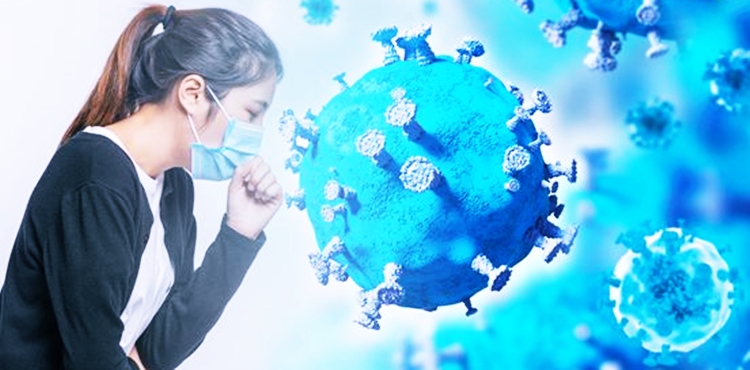Symptoms Covid-19 increasingly diverse. Early in the pandemic, specific symptoms that need to be known as fever and cough. But now it is starting to develop along with the mutation of this type of SARS-CoV-2 corona virus.
People infected with the corona virus will generally experience mild, moderate or severe symptoms. Some cases also show people who are infected but do not feel any symptoms.
Knowing the degree or severity of the symptoms covid-19 is very important. This will affect the treatment received.
Here are the symptoms of Covid-19 that you must know:
Mild Symptoms of Covid-19
Patients with mild symptoms generally feel fever, cough, tired easily and feel short of breath. In addition, the perceived symptoms are anorexia and myalgia.
Some cases also experience headache, nasal congestion, nausea, vomiting, diarrhea to loss of sense of smell, or anosmia.
Also read: Recovering from Covid-19: No More PCR Test Needed
In contrast to the elderly, the symptoms experienced tend to be weak, decreased appetite and experience loss of consciousness. However, most patients with mild symptoms are not hypoxic, or oxygen saturation levels are still safe.
Moderate Symptoms
At moderate symptoms, the patient suffered a lung infection called pneumonia. Symptoms experienced include cough, fever and feel short of breath.
Patients with moderate symptoms will also experience general symptoms such as headaches, anosmia, ageusia, muscle aches, nausea, vomiting and diarrhea.
In some cases there are also rashes or changes in skin color. It should be noted that moderate symptom saturation levels are usually below 95%.
Also read: What is the Difference Between Antigen Swab and PCR?
Severe Symptoms of Covid-19
For severe symptoms need special attention. Because of this symptom, the patient will feel shortness of breath (more than 30x/minute) and decreased oxygen saturation (less than 92%).
In severe symptoms are also characterized by the presence of lung infection or pneumonia like symptoms were.
If the patient is in a critical condition, he or she will experience severe respiratory distress or ARDS (Acute Respiratory Distress Syndrome), sepsis or severe widespread infection and organ failure.
Also read: Healthy Lifestyle to Protect Yourself from Covid-19
Notes from DeveHealth:
The degree or level of the symptoms of COVID-19 determines the treatment therapy received. Patients and families need to assess the symptoms experienced, if it is not possible to self-isolate at home, then you should immediately contact the nearest hospital.




